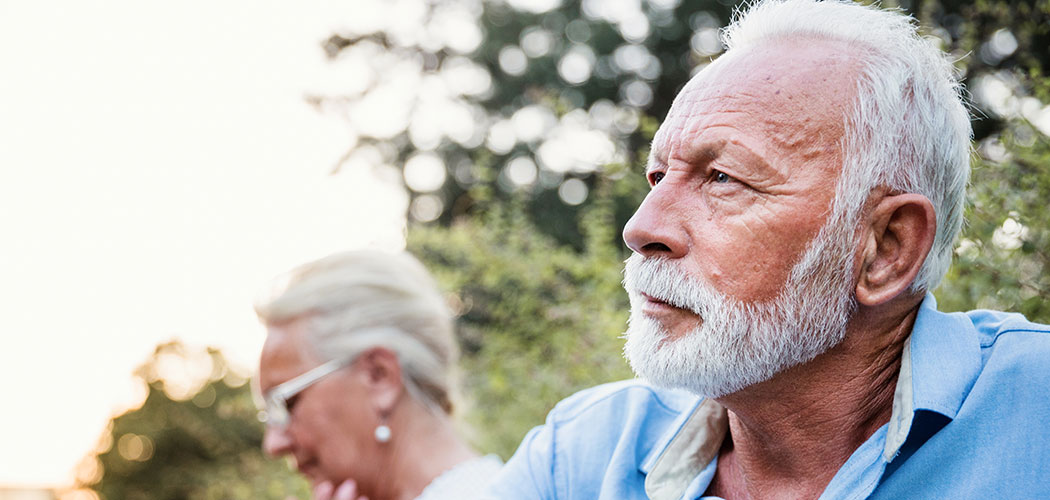Poor understanding of dementia among everyday Australians is leading to stigma and discrimination, new research has revealed.
The report, released today by Dementia Australia for Dementia Action Week, found that nearly three in four people (71%) with a loved one living with dementia felt that people patronised their loved one. Tellingly, two in three identified ‘people in the community’ as the most common source of discrimination.
Meanwhile, a new report released last Friday by the Australian Institute of Health and Welfare (AIHW) estimates that there are 411,000 Australians living with dementia, with around two in three of those living in the community. The number of Australians with dementia is projected to more than double by 2058.
Dementia Australia Advisory Committee Chair Bobby Redman, who lives with dementia, said it was disappointing to still have to talk about the limited awareness and understanding about dementia.
“Why do people treat us differently? What have we done to deserve this? As a Dementia Advocate, it angers me,” she said.
“Why are people not listening? All we are asking for is to be understood, respected and supported – just basic human rights.”
Ms Redman said more work needs to be done to educate communities about the disease.
“If local councils, businesses and organisations recognise that dementia is no less of a disability because it is invisible, we could feel supported. If friends and others in our community keep an eye out for us and make sure we are included, we can feel less socially isolated,” she said.
“There is some great work happening in some communities to combat this discrimination and stigma which is heartwarming and encouraging – but we need to do more.
Dementia Australia CEO Professor Tanya Buchanan said the research showed that it is indeed ‘people in the community’ who are the most common source of discrimination towards people living with dementia.
“Australian and international studies show that stigma and discrimination associated with a dementia diagnosis can discourage people from seeking healthcare, including a diagnosis, and reduce social engagement with family, friends and the broader community, which has knock-on impacts on the physical, cognitive and psychosocial health of the person with dementia,” Professor Buchanan said.
“It is incredibly disappointing that Australians’ understanding of dementia has not shifted in a decade and profoundly concerning that more people now think dementia is a normal part of ageing than they did a decade ago. Dementia is not a normal part of ageing.”
“We know that we can do better as there are great examples of dementia-friendly communities from around the country.
During Dementia Action Week (16-22 September) Dementia Australia is calling for urgent and sustained action by communities and governments at all levels to increase their awareness and understanding of dementia – and to become the solution.
To find out how you can be part of the solution visit Dementia Action Week








